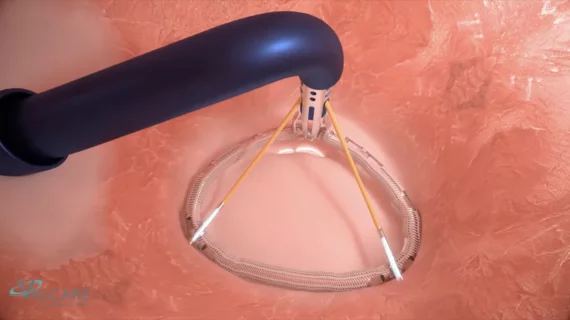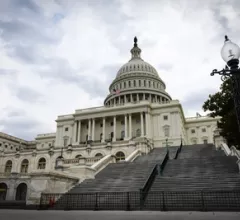Clinical
This channel newsfeed includes clinical content on treating patients or the clinical implications in a variety of cardiac subspecialties and disease states. The channel includes news on cardiac surgery, interventional cardiology, heart failure, electrophysiology, hypertension, structural heart disease, use of pharmaceuticals, and COVID-19.
Displaying 4985 - 4992 of 7037


![The use of intravascular lithotripsy (IVL) during percutaneous coronary intervention (PCI) is still safe and effective when patients present with calcified nodules (CNs), according to new long-term data published in EuroIntervention.[1] Researchers compared outcomes from patients with and without CNs, highlighting key similarities in stent expansion and luminal gain.](/sites/default/files/styles/top_stories/public/2024-12/screenshot_2024-12-02_at_11.07.21_am.png.webp?itok=YDi6SyF_)










